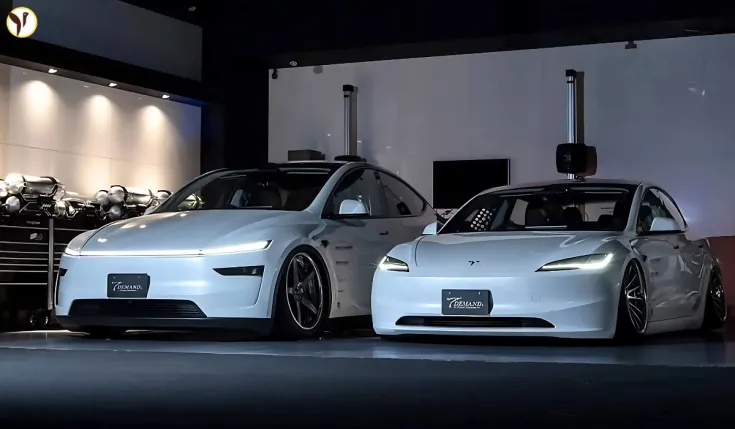Tesla's Autopilot system, a hallmark of the company's technological advances, is now under even greater scrutiny as the European New Car Assessment Programme (Euro NCAP) publicly condemned the system for providing "misleading" information, especially in the 2026 Model 3 and Model Y. The Euro NCAP agency also pointed out the concern of lane maintenance and responding correctly to road hazards, which they feel provided "misleading" information about the Autopilot system's true capabilities. This comment is on a long list of complaints regarding safety involving a number of incidents, one being a fatal crash involving a Model Y in San Francisco where a lost control and the driver reported the Model Y experienced sudden, unintended acceleration. While Tesla maintains that these incidents can be attributed to driver error, the National Highway Traffic Safety Administration (NHTSA) has opened over 270 complaints since they all warrant a full investigation.
Dependability Issues: Owners Voice Frustration
In addition to safety, Tesla owners are bringing attention to vehicle dependability. An important case in point includes a brand-new Model Y which, while having a 53% battery, was going into the shop because the car became inoperable. The vehicle was mid-software update while the owner waited for the vehicle to be towed. While there are many other potential issues with the vehicle or the software, these situations represent a greater question surrounding Teslas update system. Some owners have reported other unexpected behaviors of the software systems and system glitches which contribute to a questionable perception of dependability. Whether better innovation is possible is being weighed against existing and future dependability of Teslas.

Political Affiliations Influence Brand Image
Another concern for Tesla, arising from CEO Elon Musk's political affiliations, relates to issues of brand image. Musk's open support for former president Donald Trump has affected how some consumers perceive the brand, and resulted in polarisation. Certain long-time Tesla fans say they dislike the political associations of the company, which results in declining brand loyalty for some of their consumer segments. This decline is apparent in social discussions and consumer behaviour as some owners disassociate themselves, simply based on the political associations.
Sales Declines: What's happening worldwide
Tesla is facing challenges which are reflected in its sales. For example. In Québec., Canada, Tesla saw its total registrations for the Model 3 and Model Y drop by 85% in Q1 2023 relative to the previous quarter. Changes in incentives, and greater competition in the market, have been cited as the primary reasons for the sales decline. Likewise, in May 2023, Tesla saw its sales fall by 45% in the UK, while competitors such as Volkswagen picked up market share. These trends suggest that Tesla's former blatant dominance in the market place is being challenged from all sides.

Consumer Sentiment: What are all consumers thinking?
A growing combination of one serious passive safety issue, several widely reported reliability issues, and other political associations influence people who stopped purchasing new Tesla's (or even a used Tesla) and current and former Tesla's owner's notions of consumer sentiment toward the brand. In fact, some Tesla owner's describe their feelings as regret and embarrassment to the point that owners are removing Tesla logos from their vehicle completely. This situation and the much bigger picture reflect a much deeper think about identity and values, as all owner want the best for their brand. Tesla must devote tangible resources towards the issues that are affecting their consumer trust because public sentiment to former brand loyalists is beginning to decline. The transition will be necessary for Tesla to sustain as a successful automobile manufacturer.
Conclusion
Tesla’s once unshakeable superiority as the gold standard in EV innovation is now dangerous facing serious reality. From the backlash and recent criticism of its Autopilot system, to poor sales and increasing owner frustration, the Model 3 and Model Y have faced more pressure than ever. Add in the polarizing effect of Elon Musk’s statements and politics, and the brand stands at a crossroads.
If Tesla is going to maintain its dominance, it needs to deal with reliability quickly, regain consumer trust, and show that safety is more than just a software update or verbal claims. If not, it risks going from a category leader to a brand that may lose all the loyalty and excitement that it built to become a pioneer.
Source(Image / Thumbnail): carscoops







